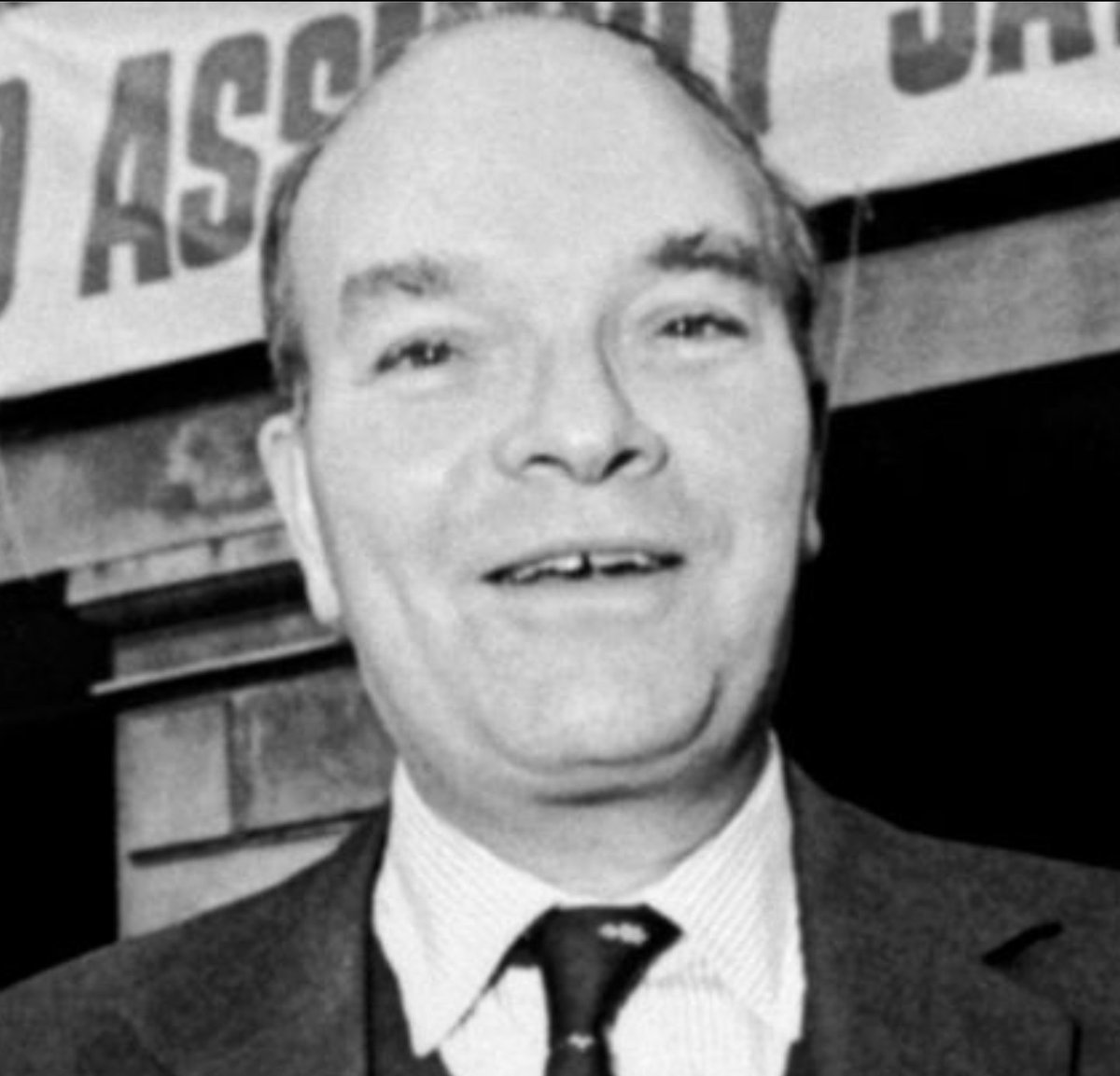30 July 1990: The assassination of Ian Gow MP on this day. The eccentric British politician was blown up in his own car in the driveway of his home in the village of Hankham, 40 miles south of London by an IRA bomb.
Gow had taken a strong stand against the IRA and indeed anything that weakened the position (as he saw it) of Northern Ireland within the United Kingdom. During a period of national service from 1955 to 1958 he was commissioned in the 15th/19th Hussars and served in Northern Ireland, Germany and Malaya. He subsequently served in the territorial army until 1976, reaching the rank of Major. After completing national service he took up a career in the law and qualified as a solicitor in 1962.
He entered politics in 1966 but failed to be elected. In this campaign he was described by The Times in the following terms: "He is a bachelor solicitor, aged 29, wearing his public school manner as prominently as his rosette. Words such as 'overpowering', 'arrogant', and 'bellicose' are used to describe him."
After failing to take Clapham, he continued his quest to find a seat. He eventually succeeded at Eastbourne in 1972 after the local Party de-selected its sitting member, Sir Charles Taylor. Sir Charles had represented Eastbourne since 1935 and did not take kindly to Gow.
He admired Margaret Thatcher greatly and became a loyal follower of her brand of politics. However the Anglo-Irish Agreement of 1985 proved a step too far for him as he saw it as the interference of a foreign Government in the internal affairs of the UK.
But his open enmity to Irish Nationalist aspirations and his vehement & vociferous condemnation of the IRA campaign drew him attention that was deadly in intent. Though he did not seem to realise it he was in mortal danger.
Ian Gow was the ultimate loyalist and he paid the ultimate price
His death had a terrible irony. A few weeks earlier, he had held a small drinks party. The conversation turned to the hardships suffered by MPs' wives, so often stuck at home in the constituency, cut off from the glamorous aspects of parliamentary life. Ian paid tribute to his beloved Jane, who never complained about being a grass-widow. He referred to her as "my poor widow" and "the Widow Gow". Then Ulster was mentioned. "Ian, old lad," said Jonathan Aitken, "I hope you vary your route to the Commons and check under your car." "Certainly not," Ian replied. "I am at less risk than any serving officer in Her Majesty's Royal Ulster Constabulary – and anyway, I wouldn't know what to look for." https://www.telegraph.co.uk/comment/7918045/Ian-Gow-was-the-ultimate-loyalist-and-he-paid-the-ultimate-price.html
The IRA justified their action in a Statement saying that Gow was one of a small group of influential Tories, centred on Airey Neave and Margaret Thatcher, who in the late 1970's formulated the British policy pursued in Ireland since the 1979 Tory election victory.
His death stunned the British Establishment, including Margaret Thatcher, as he was a very well known figure in the corridors of Westminster and if not well loved he was recognised as a man of strong convictions not afraid to speak his mind. But his outspokenness ultimately cost him his Life.
He was the last MP to be killed in the course of the Troubles.


No comments:
Post a Comment